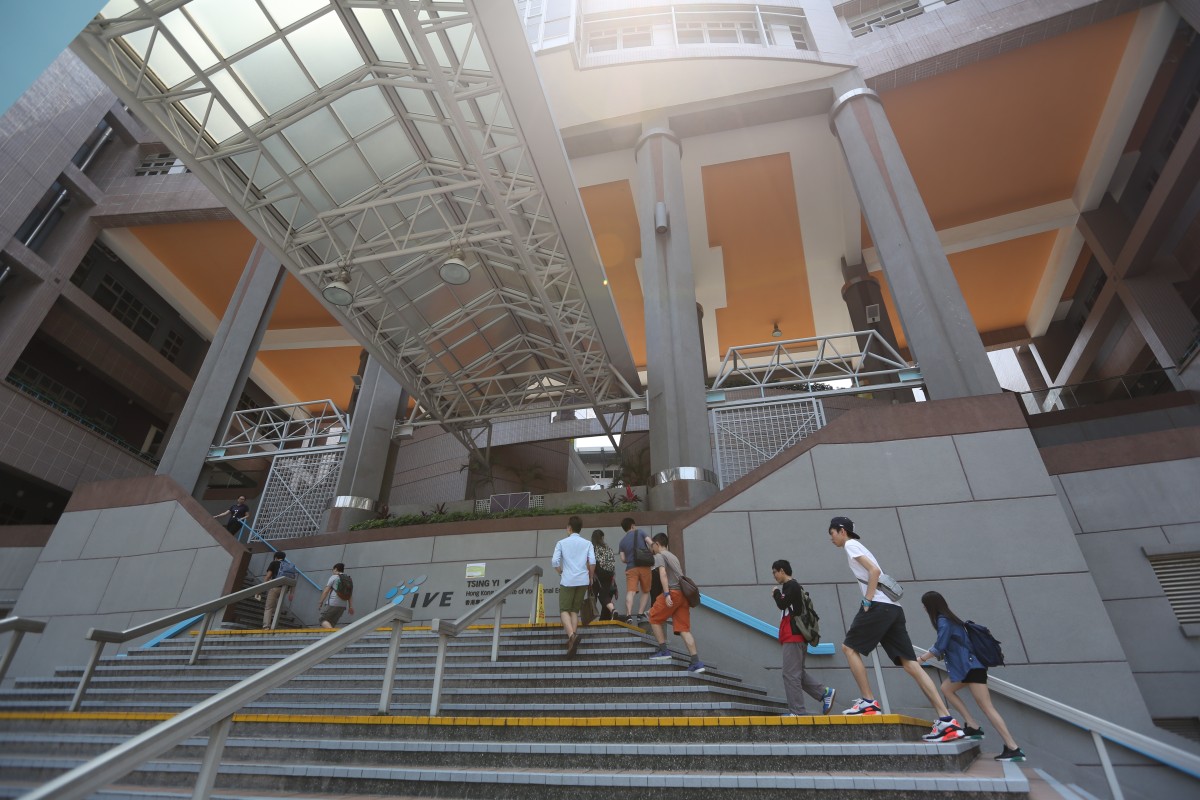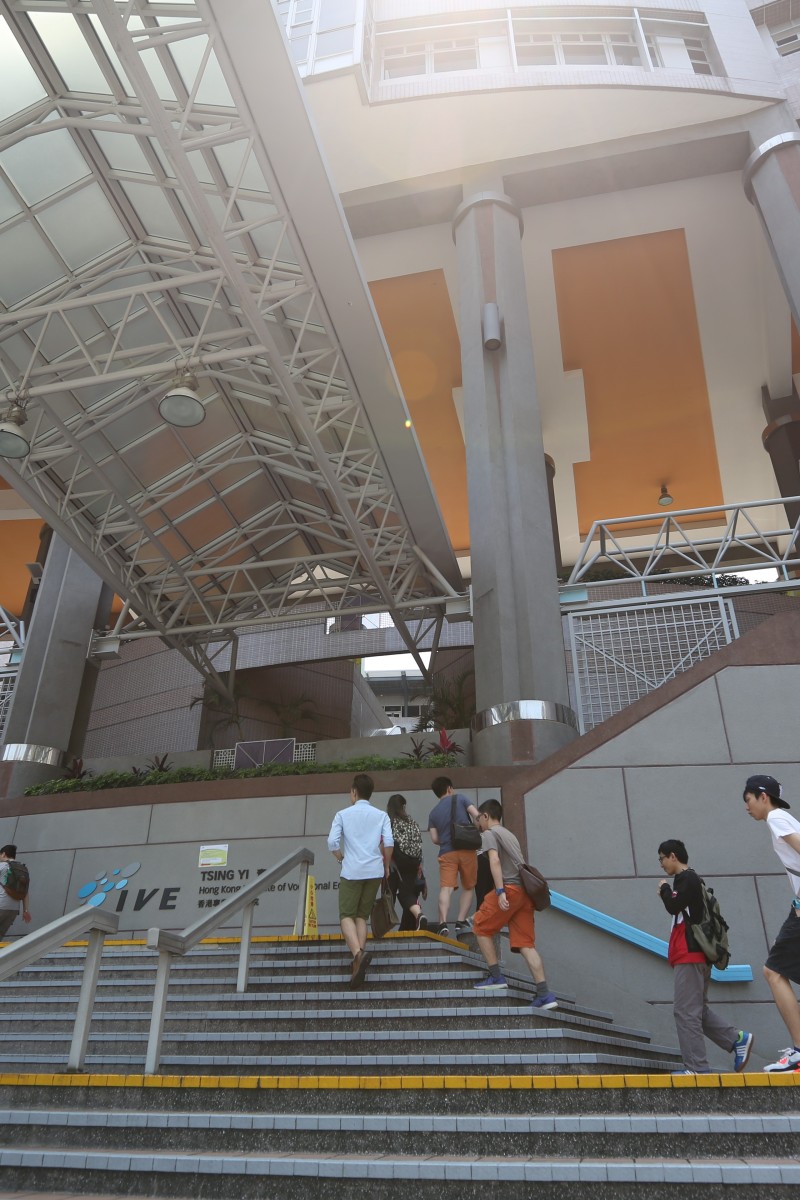 The HK$30,000 subsidy only covers recognised self-financed higher institutions.
The HK$30,000 subsidy only covers recognised self-financed higher institutions. Secondary school students who have chosen or are thinking about applying for a non-Jupas self-financed bachelor’s degree, associate degree or another higher diploma programme need to take into account a new HK$30,000 subsidy scheme when they are choosing where to apply, says one higher education guidance counsellor.
Ng Po-shing, Hok Yau Club Student Guidance Centre director, told Young Post yesterday that Form Six students receiving their DSE results on Wednesday need to check if the programmes they’ve applied for will fall under the new subsidy rules. This is because some institutions – like City University’s School of Continuing and Professional Education, and Polytechnic University’s School of Professional Education and Executive Development – aren’t included in the scheme.
Ng’s reminder comes as new Chief Executive Carrie Lam Cheng Yuet-ngor pledges to put an additional HK$5 billion towards the education sector in Hong Kong. One of the ways she will use this money is in a subsidy scheme, in which HK$30,000 will be offered to students in self-financing tertiary institutions and who are ineligible for official aid. The subsidy will be made available to students who achieve at least Level 3 in Chinese and English, and at least a Level 2 in their HKDSE maths and liberal studies exams.
The subsidy only covers recognised self-financed higher institutions like Tung Wah College, Hang Seng Management College, Hong Kong Shue Yan University and the School of Continuing Education. For more information, head to the Information Portal for Accredited Post-secondary Programmes on ipass.gov.hk.
Ng said tuition fees only play a small part when it comes to selecting a higher education programme. “Self-financed degrees can cost HK40,000-HK$70,000 a year. The subsidy can relieve a student of financial burdens, and it encourages more people will study these courses. But,” he added, “students need to find a balance between interest and ability. If they aren’t interested in a course, or they find it too hard, then it’s a waste of time, effort, and money [applying for them].”
In April, the Hok Yau Club interviewed approximately 1,700 DSE candidates in a survey. In it, almost half of the interviewees said their stress came from thinking about their “pathways after the DSEs”. Students awaiting their results should remain calm and not panic, Ng said, and they should come up with several plans while preparing for results day. Parents, Ng added, should avoid putting pressure on their children.
“Be open-minded and understanding. Talk to them and support them.”
Come back for all the latest updates on the DSEs on July 12.
